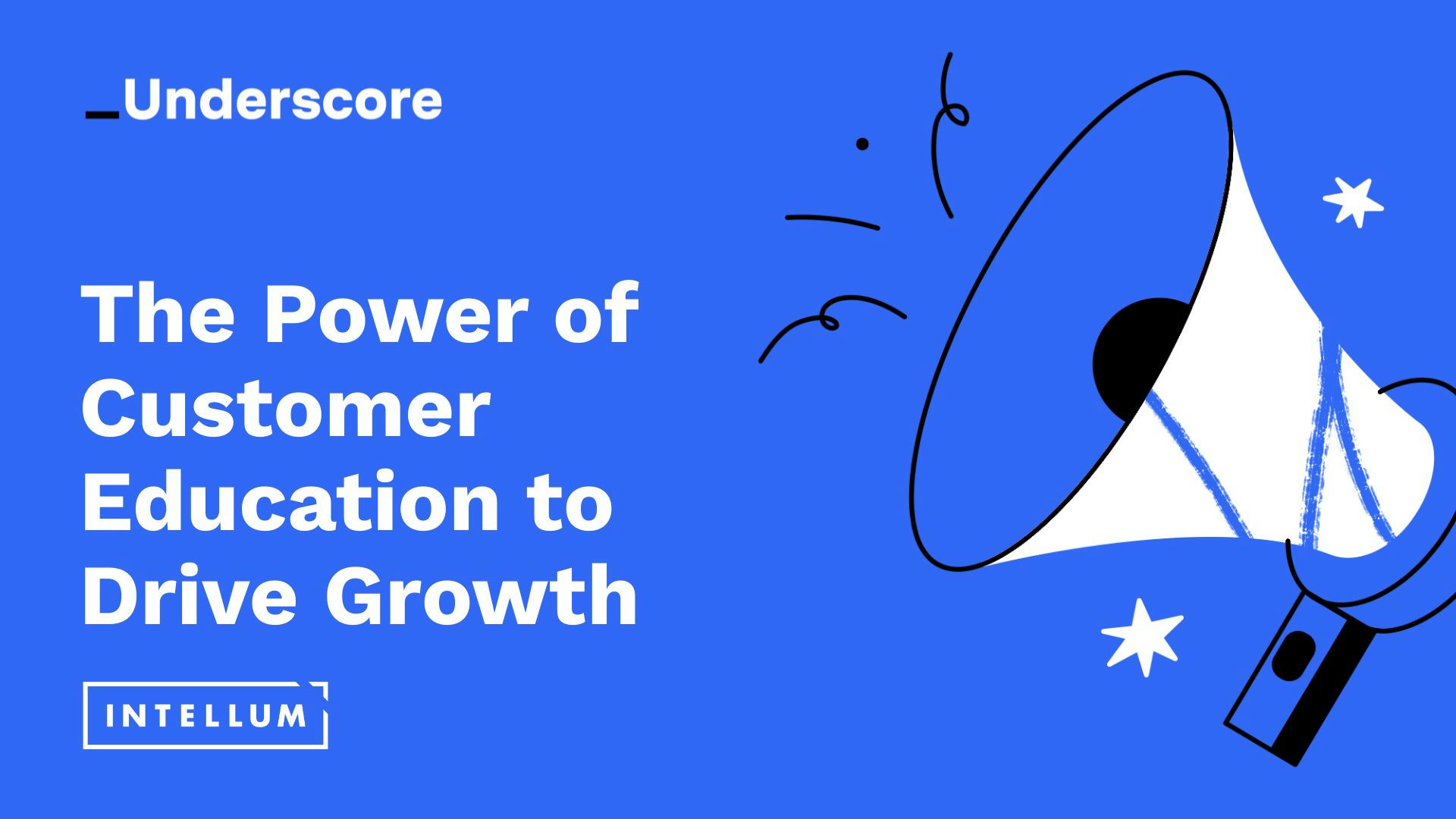As the global economy remains uncertain, companies are focusing more than ever on new revenue.
And education teams are picking up on that message.
A 2024 report found that 51% of the 150 customer education and enablements leaders surveyed will prioritize increased revenue through new customer acquisition over the next 12 to 18 months.
Teams are introducing customer education earlier in the lifecycle, and targeting prospects as part of their education efforts. This transition has led to conversations around the concept of Education Qualified Leads (EQLs).
What’s an Education Qualified Lead (EQL)?
In marketing, there’s a concept called a Marketing Qualified Lead (MQL). This is a potential customer who has indicated interest in what your company has to offer based on marketing efforts. Typically, these leads convert better than other leads that simply engaged or interacted with your company once or just a few times.
Similarly, an Education Qualified Lead (EQL) is a prospect who’s already knowledgeable about your product due to engaging with customer education. As a result, these prospects are more informed and more likely to buy.
How Do You Define an EQL?
There’s no one clear definition of an EQL—just like there’s no one definition of an MQL.
Each company comes up with their own definition based on a series of actions a prospect takes. For example, an MQL could be someone who fills out a form to request a demo, showing intent to purchase. Or it could be someone who has attended a number of webinars, downloaded case studies, and engaged in other ways to show interest in what the company has to offer.
Through a process called lead scoring, each of these activities is assigned a score (or value) based on the level of intent. (We’ll talk about that in the section below.)
**To define an EQL for your organization, you’ll want to collaborate with your marketing and sales teams to identify what level of activity signals potential interest. **For example, enrolling in a course in your academy may not be a strong intent signal. But enrolling in and completing multiple courses may indicate more interest. Earning a certification for your product or industry might also be a higher indication of interest.
Warning: Don’t do this in a silo! It’s critical to get buy-in from your marketing and sales teams on your definition of an EQL. After all, they’re the ones who will be doing the outreach to these prospective customers.
An Overview of Lead Scoring
Lead scoring is a method for ranking potential customers based on their interest in your product or service.
This is done using a variety of factors, including demographic and firmographic information, as well as behavioral activity.
If you think about lead scoring for Education Qualified Leads, it’ll largely focus on behavioral activity. What are prospects doing that might indicate an interest in your product or service? You would then assign point values (scores) based on that activity.
You’ll want to think about:
- Which education activities they engage with. Education explicitly about your product might earn more points than education that’s more industry-focused.
- Level of engagement (e.g., enrollment vs. completion). Completions might have a higher point value than mere enrollments.
- How many education activities they engage with. The more they’re engaged, the higher their lead score.
- Level of commitment. For example, a certification or lengthy course might have a higher point value than watching a video.
Your big takeaway: You have an opportunity to use education to generate leads and nurture prospects as part of the buyer journey—tying education directly to revenue influence and proving that customer education has the power to drive business growth.





.png)

